Discover the Top 5 Reasons to Join a Teen Expedition with Earthwatch!
Whether you’re looking to follow your passion or find material for that college admissions essay, our Earthwatch teen expeditions offer a two-week experience that can change your life. But don’t take it from us. Discover the top 5 reasons to sign up for an Earthwatch expedition, according to our teen volunteers!
In 2006, Moria Robinson, then a sophomore in high school, joined an Earthwatch expedition in Arizona, where she studied the relationships between plants, caterpillars, and parasitoids (wasps and flies that feed on caterpillars). Moria, who loves science, loves being outside (and loves bugs!), was overjoyed to discover more about these different levels of the food web. What she didn’t know at the time was just how influential this experience would be. Now, 10 years later, Moria is supporting a caterpillar research lab at University of California, Davis, where she’s pursuing a secondary degree in biology as a result of her Earthwatch expedition.
Earthwatch expeditions empower teens to tackle some of the world’s most pressing environmental issues. Armed with the support and mentorship of leading scientists in the field, teen volunteers step beyond their comfort zones while contributing to meaningful science. In the process, they experience unique locations and cultures, pursue their passion for science and the environment, and develop lifelong friendships. Some, like Moria, even find a future career path.
Discover the top 5 reasons to join an Earthwatch expedition, according to some of our recent teen volunteers:
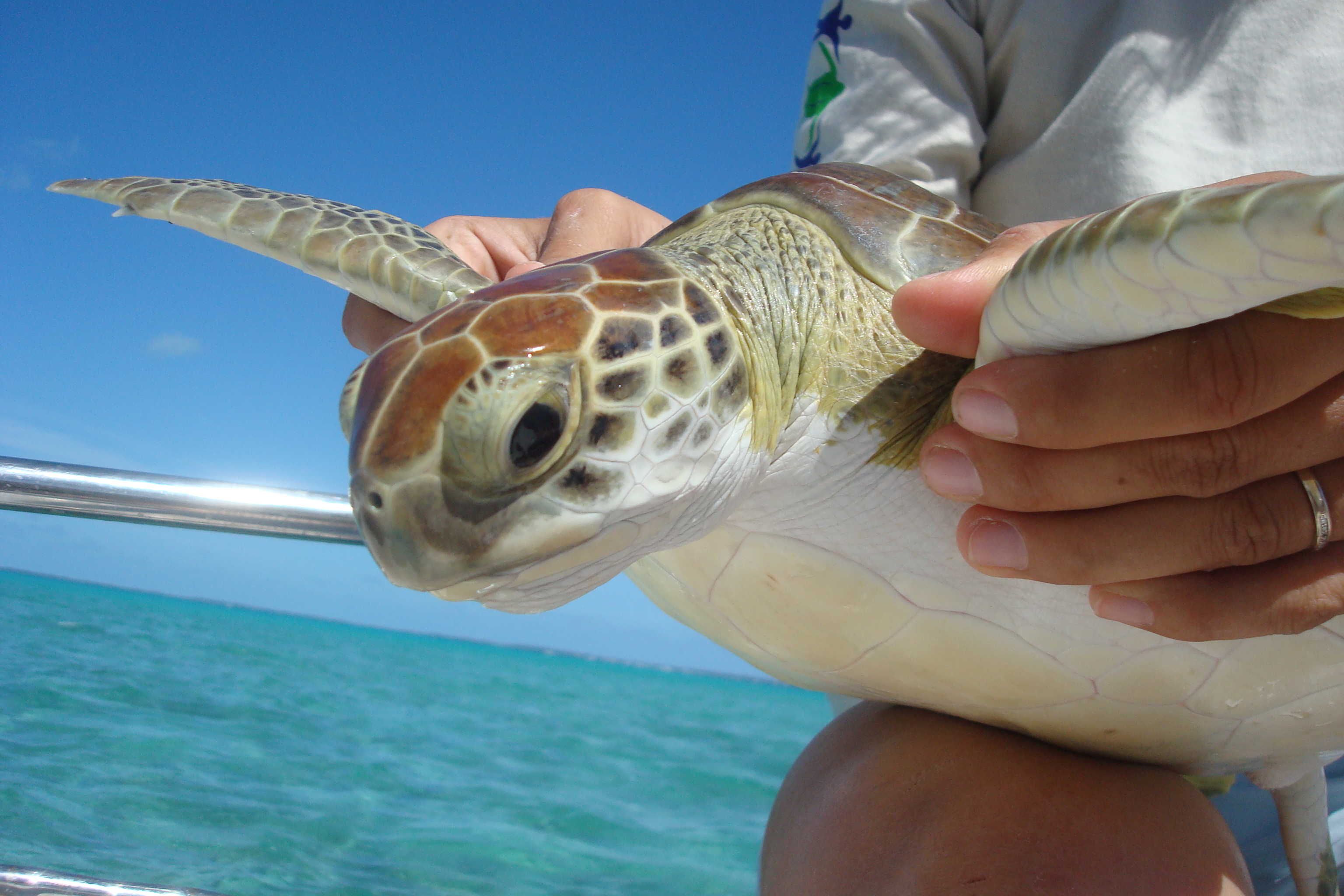
(1) Find your passion
Earthwatch teen volunteers collect critical research data alongside leading scientists in the field – connecting to nature and the environment in ways that often exceed their expectations. In 2014, Chloe Golde joined Tracking Sea Turtles in the Bahamas, where she was trained in sea turtle research methods designed to better understand populations of endangered green and hawksbill sea turtles.
“This experience showed me how much our actions actually impact our environment. I was able to learn a lot from the scientists’ presentations, the facility we were at, and just being around so many scientists at once who were so willing to share and passionate about the work they do. Being mixed in with kids from all over forced me to open up and boosted my self-esteem. I had a great time.”
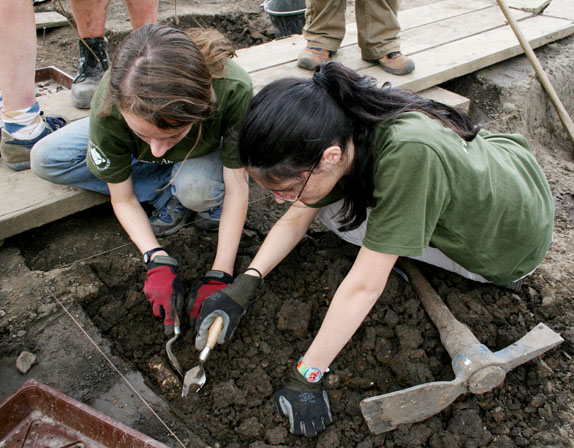
(2) Find material for that college essay (or maybe even a future career path)
As college admissions become more and more competitive, teens are finding new ways to diversify their experiences and develop well-rounded applications. Helen Donovan dug into Excavating a Roman Empire in Great Britain in 2014 and helped archaeologists excavate the settlement of Arbeia in hopes of finding ancient artifacts.
“This experience opened new doors for me in choosing my eventual career path. As a 16 year old with the college application process readily approaching, this trip gave me hands-on archeological experience and an opportunity to work alongside and learn from experts in the field.”
Gil Osofsky joined Shark Conservation in Belize in 2015, which confirmed his love of research and his desire to pursue a career in marine biology.
“I think the most positive impact of this experience was that I was able to confirm marine biology as my intended career path. This expedition allowed me to fully immerse myself in actual research, and it felt good to be helping in an actual conservation effort. It was evident through the briefing and the lectures that the work we did around the island could have a real impact, and that was very inspiring. I was also impressed by the scientists and people I met who were so dedicated to their work and helping the planet.”
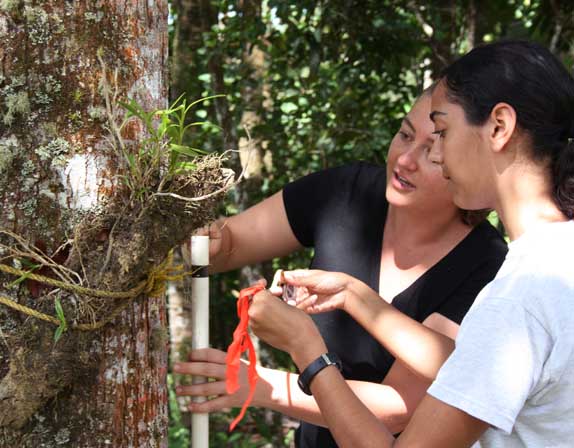
(3) Step outside of your comfort zone
For many teens, Earthwatch expeditions can be transformational experiences. These dynamic environments encourage our volunteers to step outside the comforts of home. Myriam Bourassa fielded on Puerto Rico’s Rainforest in 2015, where she helped to survey several different species of birds, lizards, and frogs to determine the overall biodiversity of the Las Casas de la Selva rainforest.
“I think I learned from everyone there, but it has changed the way I see things. In fact, I learned that it is really important to push your boundaries in life. This expedition was a little bit out of my comfort zone and it made me push my limits more than I taught I was able to. The thing is that it is actually pretty great and fun to go out of your comfort zone! Also, we live in a consumer society where everyone wants to own things and don’t really think of all the impacts on our environment. It made me realize how much more we should care about our earth. I think it also taught me to always work for what you believe in, like the scientists are doing, because that is how you make a difference and you succeed. It was a life-changing experience that made me open my eyes to a lot of things.”
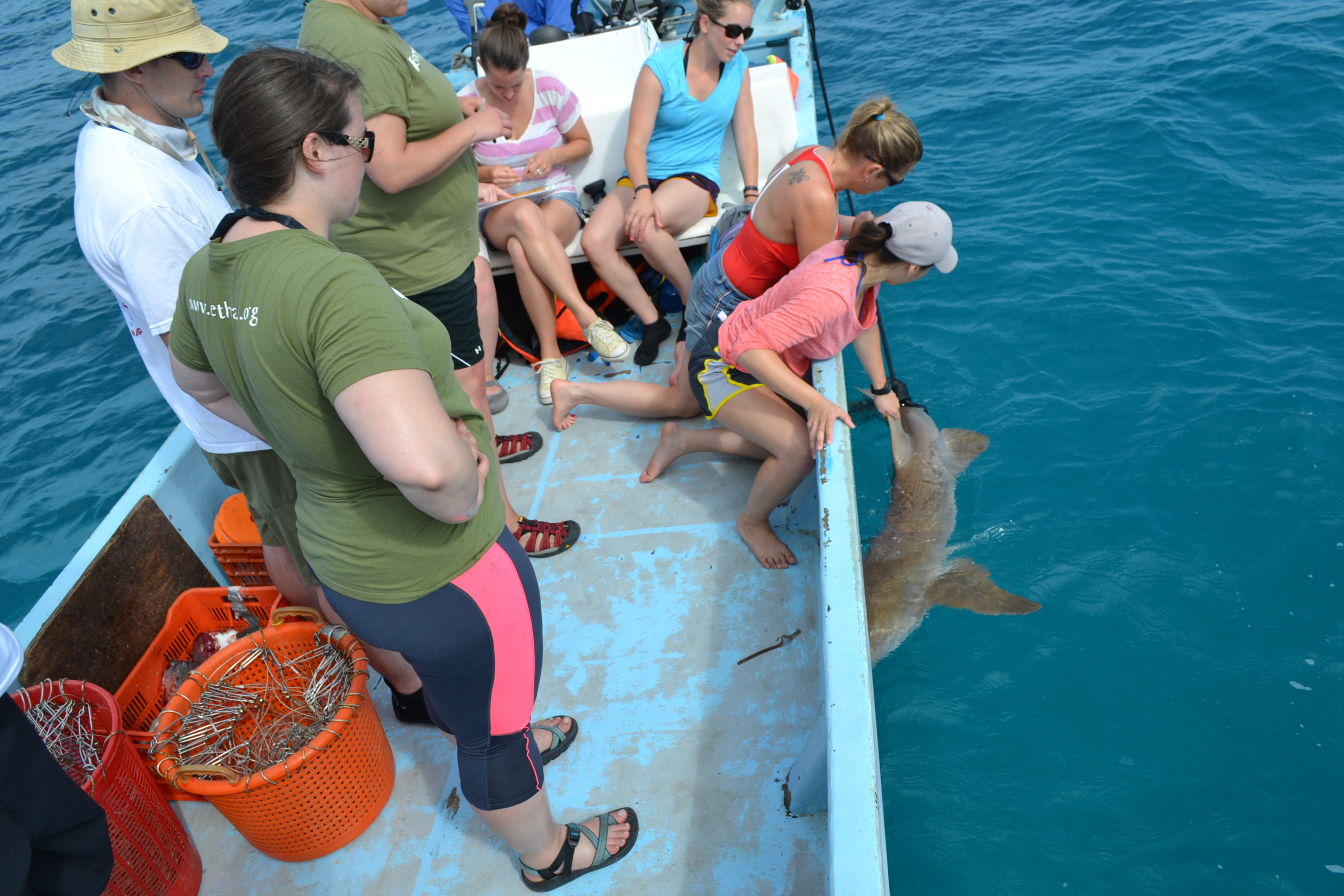
(4) Gain a new perspective
On our teen expeditions, volunteers are exposed to new cultures, new people, and a new way of looking at our toughest conservation issues. James McErlean developed a newfound confidence after joining the Shark Conservation in Belize expedition in 2014.
“I’m not really the most social kid most of the time, and yet I felt myself actively involved in every conversation with the group, whether recreational or part of the actual expedition. The most positive impact this trip had on me was what I learned. It truly piqued my interests in any types of marine life. And in fact, after I got back home to New York, I switched over one of my classes to Marine Science/Oceanography, and so far I love it. I never would have thought to have such an interest in the ocean.”
Yesenia Ulloa trekked to Climate Change: Sea to Trees in Acadia National Park in 2015 and realized that she could help solve the conservation issues that seem larger than life.
“The most positive impact that this experience had on me is that it left me knowing that I am fully capable of meeting the demands of a field researcher, as it requires tenacity and organization.”
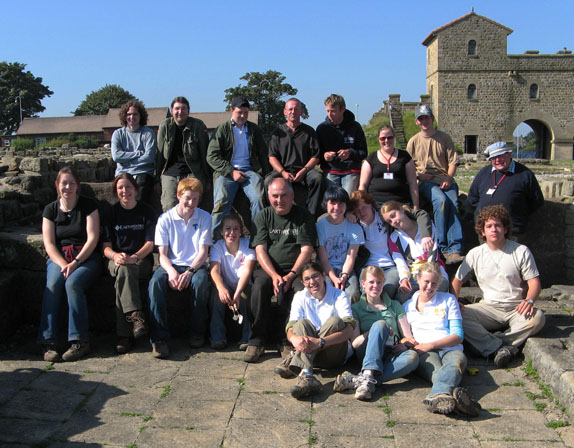
(5) Make lifelong friendships
Traveling away from home and working together towards a common goal can bond teens in ways traditional summer camp experiences cannot. George Vassilatos learned that friendships born while digging into Roman history, on Excavating a Roman Empire in Great Britain in 2015, can stand the test of time.
“The experience changed my life…The friendships I made on the dig still continue to this day. It also catalyzed an interest in pursuing archaeology as a career.”
For more information about our teen expeditions, check out this recent article from Teen Vogue featuring Earthwatch!